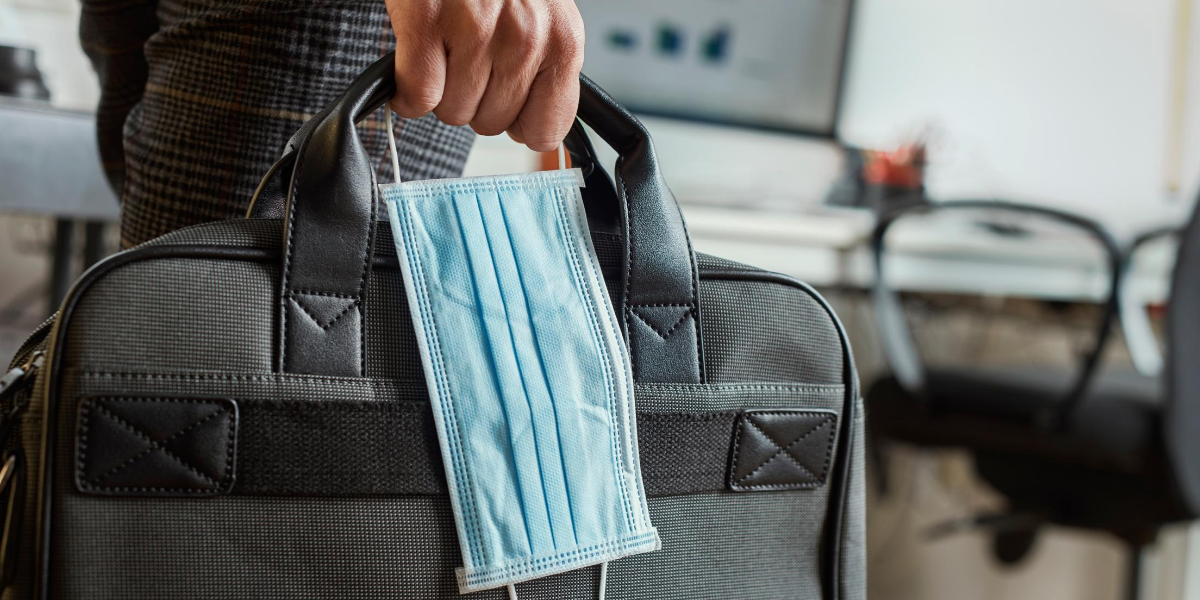14 August 2020

Even with COVID-19 safety measures in place the there is no guarantee employees and visitors will not be exposed to COVID-19 in your workplace. As a result, there is potential for future COVID-19 liability claims arising against you. It is therefore crucial to understand how you might protect yourself, and your businesses from these.
In this blog we explain the importance of managing risk in your business in a COVID-19 world and outline the need for good communication and a comprehensive audit trail when defending your actions.
Business leaders and their senior teams will have spent a lot of time and consideration on;
- When to reopen the workplace (Should we wait until the pandemic is over? Should we partially open? Should we do takeaway only?)
- What measures should be in place (Face covering or PPE masks? One-way system or reduced desks?)
- How can the measures be enforced (Should we put signs up? Company wide email? Discipline those that don’t follow the rules?)
We are in uncharted waters and when we do come out of the pandemic businesses will ask themselves ‘did we do enough?’ and employees may well ask the same of their employers.
Against the backdrop of COVID-19 specialist claims businesses are now being established. These businesses will look to support employees seeking to claim for ‘injuries’ arising through exposure to COVID-19 in the workplace.
How the courts are likely to approach the new situation is not yet known. However, you can take measures now to ensure you reduce the risk in your workplace and crucially protect yourselves from a potential claim.
What does the Law say…?
| Legal Wording | What this means for you |
Employers Duty Extends to Include: Provision of necessary information, instruction, training and supervision to ensure so far as is reasonably practicable, the health, safety and welfare of employees. | All employers have a duty of care to all their employees. ‘As far as reasonably practicable’ means as an employer have you done everything you can that is reasonable; for example, you wouldn’t spend £100k to stop someone getting a papercut. But, you do have the resources to put out a sign when there is a wet floor at minimal cost to prevent someone slipping and causing serious harm. |
Executive Responsibilities: If a company commits an offence under HASAWA 74, and it can be proved that the Managing Director or similar senior officer CONNIVED OR CONSENTED to that offence, then that officer may be personally prosecuted | As an executive you have a responsibility to act lawfully and within the rules. Failure to do so could lead to personal prosecution. |
Duties of Employers and the Self Employed to Persons Other than Employees: It shall be the duty of every employer and self employed person to conduct his undertaking in such a way as to, so far as is reasonably practicable, prevent non employees from being affected by work activities. | You have a duty of care to anyone that enters your workplace not just employees. |
Building your defence
Evidence. Something tangible insurers can use. It’s vital you have an audit trail, and everything is well communicated.
Records & Documentation – Your claims defensibility check list
- Health and Safety policy – up to date statement, organisation and arrangements.
- Risk assessments. Up to date, and accessible. This is essential for your defence – one of the first things a claiming solicitor will look for.
- Safe systems of work – a formalised procedure to do the job. Also known as method statements, standard operating procedures (SOP’s) or work procedures.
Contact us
If you would like to learn more about Claims Defensibility or have any questions related to your Businesses Risk Management. Please get in touch with Simon Cutmore (FCII CMIOSH CFIRM MIIRSM) Director Risk Management Division
